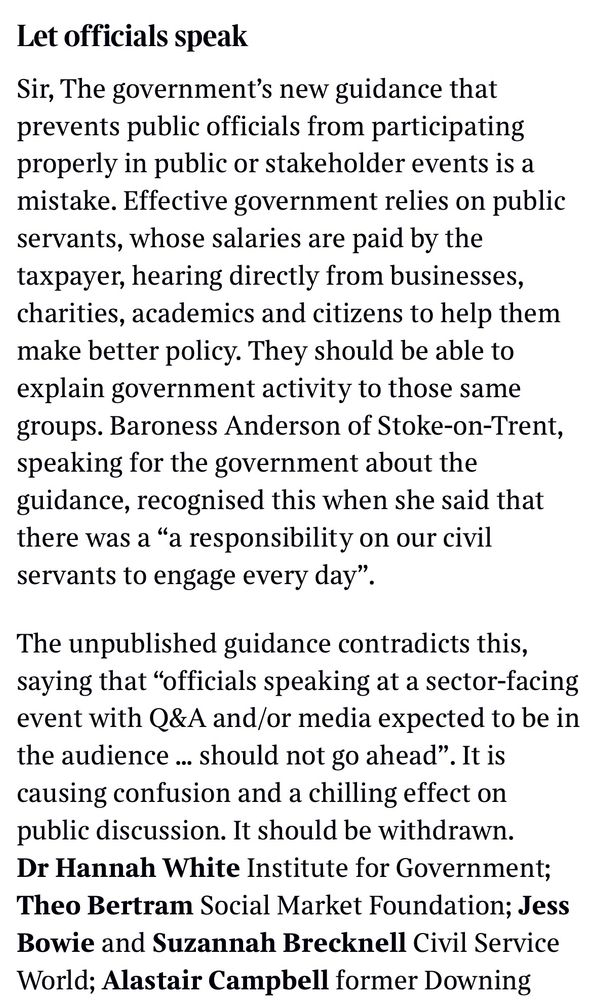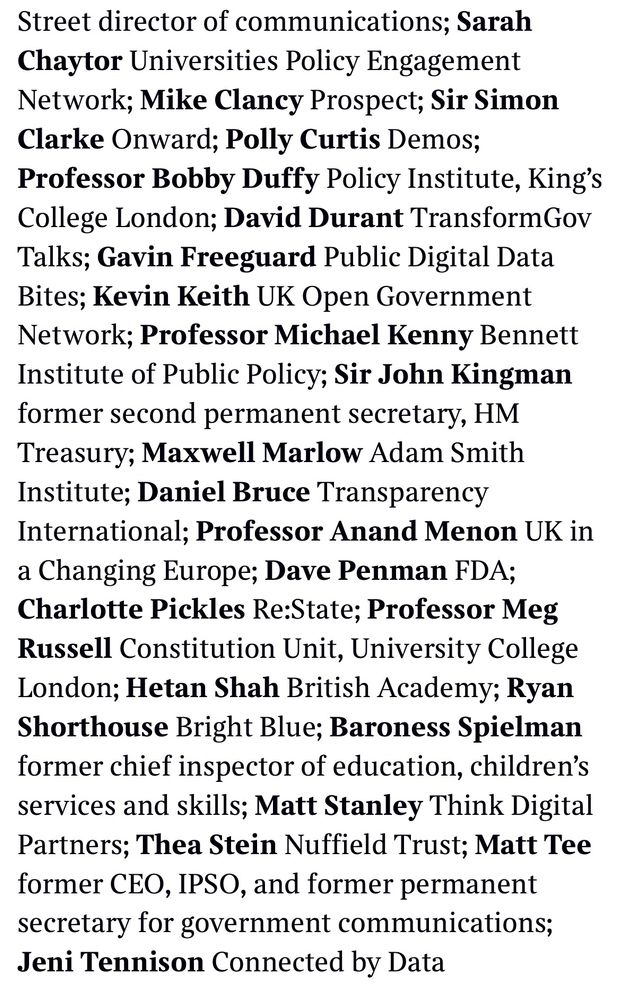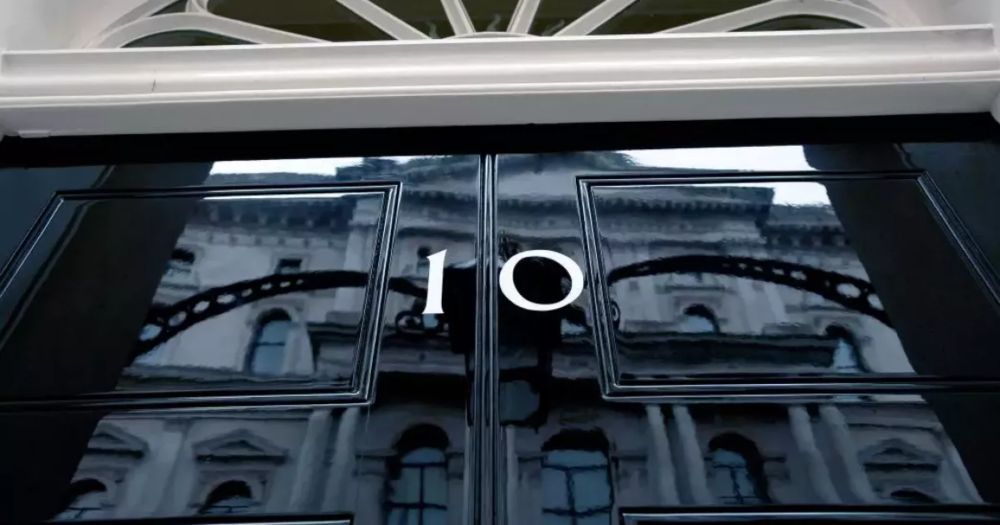Posts
Media
Videos
Starter Packs
Matthew Gill
@drmatthewgill.bsky.social
· Jul 26
Matthew Gill
@drmatthewgill.bsky.social
· Jul 14
Matthew Gill
@drmatthewgill.bsky.social
· Jul 14
Matthew Gill
@drmatthewgill.bsky.social
· Jul 14
Matthew Gill
@drmatthewgill.bsky.social
· Jul 14
Matthew Gill
@drmatthewgill.bsky.social
· Jul 14
Matthew Gill
@drmatthewgill.bsky.social
· Jul 14

The prime minister needs to clarify whether he still believes in ministerial accountability | Institute for Government
The government’s actions are calling into question the principle that UK ministers are held to account for the performance of the department they over
www.instituteforgovernment.org.uk
Matthew Gill
@drmatthewgill.bsky.social
· Jul 14
Matthew Gill
@drmatthewgill.bsky.social
· Jun 26
Matthew Gill
@drmatthewgill.bsky.social
· Jun 26
Matthew Gill
@drmatthewgill.bsky.social
· Jun 26
Matthew Gill
@drmatthewgill.bsky.social
· Jun 26
Matthew Gill
@drmatthewgill.bsky.social
· Jun 26
Matthew Gill
@drmatthewgill.bsky.social
· Jun 23










